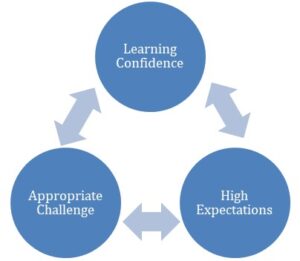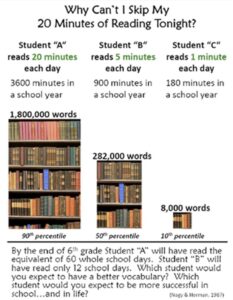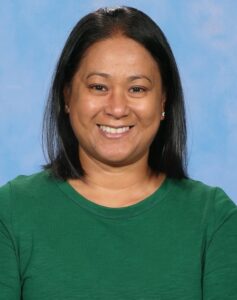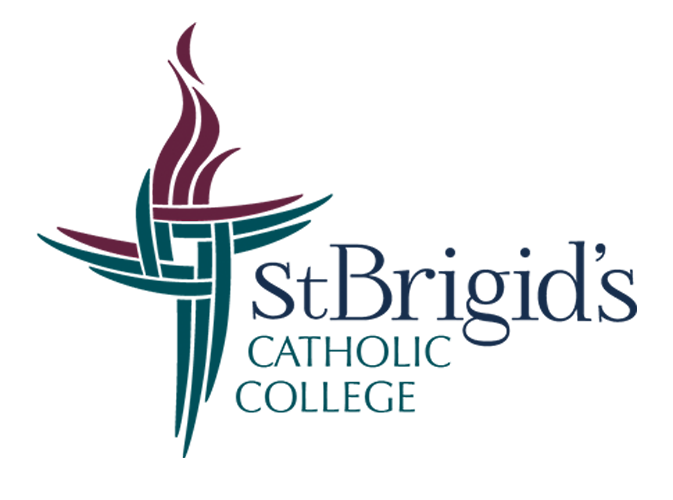Welcome to the new academic year!
It is with great excitement that we welcome our students and families—both new and returning—into our school community. For many, this marks the beginning of a six-year journey through high school, and we are honoured to be part of this important chapter in your child’s education. At St Brigid’s Catholic College, we are committed to fostering a supportive and enriching learning environment where every student can thrive academically, socially, and personally. We look forward to working in partnership with you to ensure a successful and fulfilling school experience.
Below is the learning framework that underpins our teachers’ practice. There are six focus areas. They include:



LEARNING CONFIDENCE
Each student has a unique level of experiences that will affect how they will approach the learning experiences crafted by the teacher and with what degree of confidence.
HIGH EXPECTATIONS
High expectations are the understanding that teachers and schools will continuously call on students at all levels to apply themselves to mastering challenging learning, whether the challenge is intellectual, physical or performance-based.
APPROPRIATE CHALLENGE
Ensures that the goal/learning intention is attainable and must consider the level of the students’ self-efficacy, confidence and prior achievement.
FEEDBACK
It is not just advice, praise or evaluation alone. Feedback is information about how we are doing in our efforts to reach a goal. It provides the learner with where to go to next.
LEARNING INTENTION
Carefully planned goals make it clear to students what they will know, understand, and do after a learning sequence, whether for a lesson, a unit of work or a whole term.
SUCCESS CRITERIA
Are connected to the Learning Intentions. It aims to give feedback to the student on what he has achieved and where to go next.
As a College, our practice is one of collaboration, purposeful learning informed by data and focused on the holistic development of the student. This data comes from a range of sources including teacher classroom observations, through assessments and standardised testing such as our annual Progressive Achievement Tests.
As a collective group, all staff engage in regular professional learning workshops focussing on how we can best use student data to inform our teaching practice. Our successes are attributed to the commitment we make to our students and each other as professionals. How success looks like for each student is different. We celebrate all learners uniqueness to enable them to progress forward in their learning.
First steps in working together:
At home, there is an opportunity for our parents and guardians to help enhance what is being done at school. For example, after reading with your child, are you finding that the novel they are reading is too easy? This presents an opportunity to change the novel to a more challenging one.
In our work with the students, we have used the statement ‘Faith, Focus and Follow Through’ to sum up how each student should approach their learning.
Faith- Believe that you can do your personal best
Focus- Take away the distractions, exercise discipline
Follow Through- Having a support group with vital members that check-in on how you are doing
Building positive learning habits now is the key to success. Setting boundaries will help in acquiring these positive learning behaviours.
Setting Goals
Setting goals helps identify the actions that need to be taken to achieve. It helps frame for a student their purpose for the academic year.
The following acronym S M A R T could facilitate discussions at home when discussing academic target setting.
| S | Make it
Specific |
What do you want to accomplish (achieve)? |
| M | Make it
Measurable |
How will you know when you have accomplished (achieved) your academic target? |
| A | Make it
Achievable |
What will you need to do to make sure you accomplish (achieve) your academic target?
Break it into smaller steps. |
| R | Make it
Relevant |
Is your academic target worth working hard to accomplish (achieve)? Why? What will it allow you to do? |
| T | Make it
Timely |
By when will the academic target be accomplished (achieved)? |
Compass/ Canvas
There are several platforms that teachers are using to communicate with their students. Canvas and Compass are the main platforms at the college. If parents/guardians have questions about what is happening in their child’s classes, please ask to see their Canvas page or refer to Compass. In the first instance, I encourage parents/guardians to contact their child’s class teacher or Mentor teacher.
Recreational Reading:
We encourage all students to read as reading is essential for academic success. It is recommended that students read for at least 20 minutes a day. If students wish to borrow books from our College library this can be arranged.


Joyce Ison
Assistant Principal, Student Achievement

